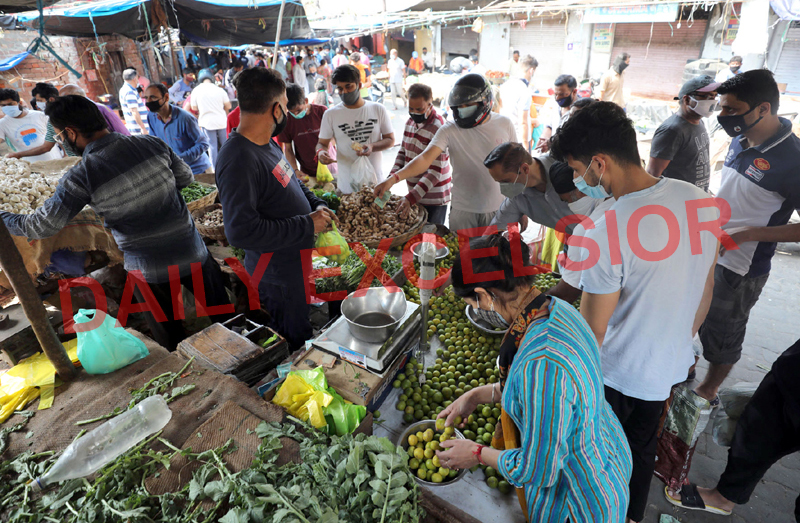
The abandonment of Rs. 25 crore renovation project for Parade Mandi in Jammu highlights a complex interplay of safety concerns, economic interests, and civic planning challenges. Despite being declared “unsafe,” this historic market continues to operate under perilous conditions. The shopkeepers’ objections, driven by fears of reduced shop sizes and potential loss of business, reflect a broader reluctance to embrace necessary changes for long-term safety and modernization. Parade Mandi, with its vibrant yet chaotic atmosphere, is a lifeline for many. The market’s conditions, however, are deplorable. Filth, poor drainage, and dilapidated structures pose significant health and safety risks. The proposed renovation under the Smart City initiative aimed to address these issues comprehensively, including laying tiles, installing water ATMs, building public toilets, and constructing sheds. These improvements could have transformed Mandi into a more hygienic and structurally sound environment, benefitting both vendors and customers.
However, the project faced insurmountable opposition. The shopkeepers’ demands for maintaining spacious shops and additional platform space, even for non-allottees, were impractical given the limited area. Their resistance to a multi-storey solution, insisting on ground-floor shops, further complicated the negotiations. This stalemate reflects a broader issue: the tension between modern urban planning and traditional market practices. The failure to reach a consensus and the subsequent cancellation of the project are missed opportunities. It underscores the need for better communication and compromise between authorities and local stakeholders. The safety and modernization of Parade Mandi should not be sidelined by entrenched interests. A collaborative approach, perhaps involving phased development and better compensation for affected shopkeepers, might pave the way for the project. The Government cannot ignore the pressing safety concerns that must be addressed. With buildings declared unsafe and thousands of unaware customers visiting the Mandi daily, the risk of a tragic accident remains ever-present. While the shopkeepers’ concerns are valid, the priority must be the safety and modernization of Parade Mandi. The authorities and the local community must find a middle ground to ensure that this vital market can thrive sustainably and safely.

